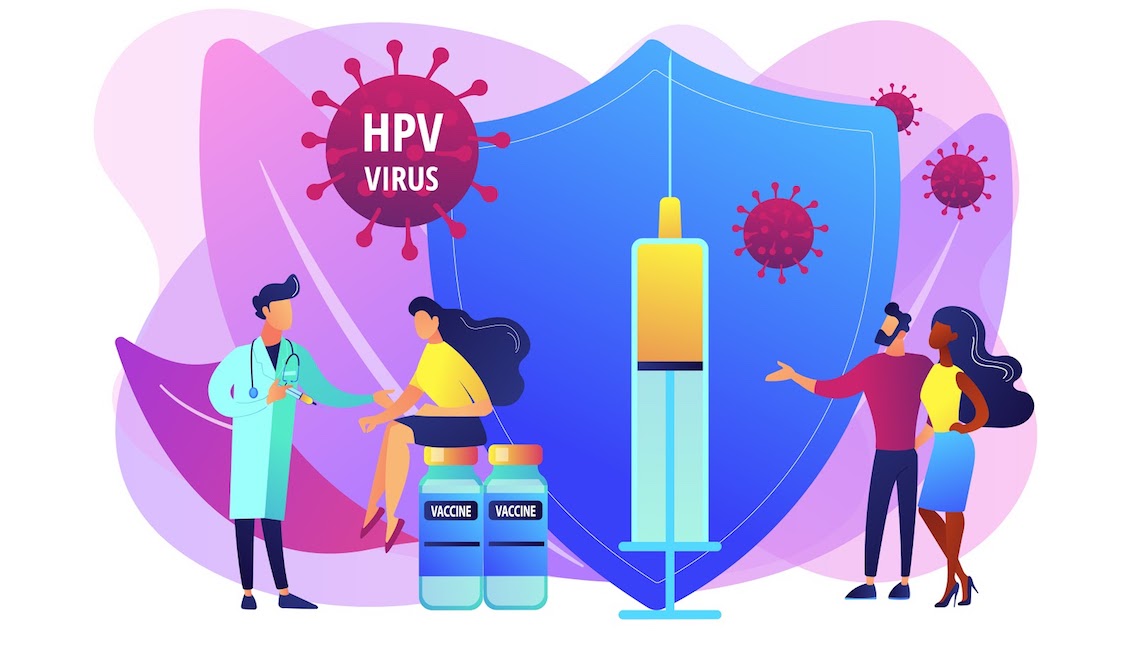
Cervical Cancer Awareness Month: Prevention is Key
MORE IN THIS SECTION
With the daily rush of the new year, many people can forget when to have an annual checkup with their doctor. Others even postpone cancer screening because of a lack of time, money, or anxiety.
It's hard to think about cancer screening or prioritizing it when you're feeling healthy, but cervical cancer screening is a crucial part of staying healthy.
Despite being one of the most preventable cancers, cervical cancer, also known as cancer of the cervix, affects us disproportionately as Black and Latina women, who have a nearly 40% higher incidence than white women.
Latinas, and especially immigrant women who have been in the country for less than 10 years, face different barriers, such as lack of health insurance or transportation to health care facilities, that make it difficult for them to access the health care they need to prevent and treat cervical cancer.
In 2018, the American Cancer Society reported that 2,400 Hispanic women were diagnosed with cervical cancer and 600 died from it. According to experts, 80% of these deaths can be prevented just by getting timely HPC and Pap tests.
Although symptoms of cervical cancer are hard to notice, the tests can detect abnormal cells before they become cancerous, but once cervical cancer is detected, the first signs are:
● Abnormal bleeding, spotting or discharge
● Menstrual periods with heavier than normal flow
● Bleeding after sex
Screening tests are simple and fast.
These screening tests are crucial for everyone to live the full and healthy life they deserve.
Cervical cancer screening tests are used to detect abnormal cells on the cervix that could cause cancer. The Pap test and HPV test are two kinds of medical tests for cervical cancer.
A new study shows that the vaccine is effective up to age 45. That's why Planned Parenthood recommends that everyone between the ages of 9 and 45 receive the HPV vaccine to protect against genital warts and the different types of HPV that can cause cancer. We recommend that young people get the vaccine at age 11 or 12, so they are fully protected years before they become sexually active.
Reproductive and sexual care is not a privilege.
Part of our work at Planned Parenthood is to ensure that our community has access to lifesaving health care because reproductive and sexual health care is not a privilege - it is a basic human right. Reproductive health care is medical care, and that means all people should be able to access it, no matter what.
Make an appointment today with your doctor for your annual check-up. This January, let's put the health of our cervix first!







LEAVE A COMMENT:
Join the discussion! Leave a comment.